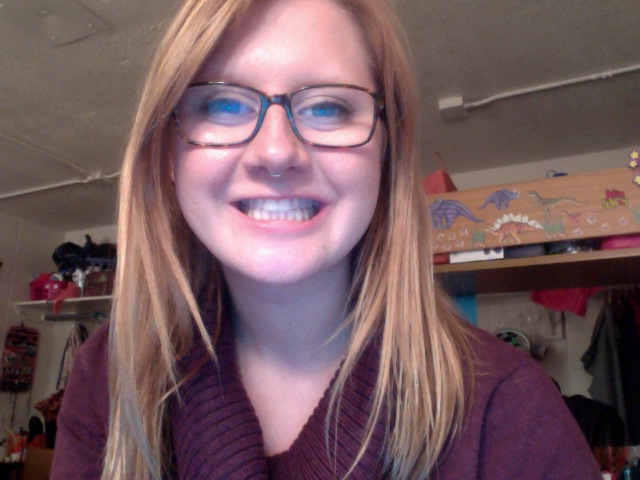Celebration of Scholars
An Examination of the Decline of the Number of Nuns in the United States 1980 to Present
 Name:
Brooke Hamer
Name:
Brooke Hamer
Major: Religion
Hometown: Mahtomedi, MN
Faculty Sponsor:
Other Sponsors:
Type of research: Senior thesis
Abstract
Since
the colonial era, Catholic nuns, or women religious, have been a part of the
social context of the United States. After Vatican II, the role of being a nun
in society has changed significantly. However, the decline in female religious
vocations since 1980 to present involves much more than the changes of Vatican
II. Role expectations and authority for nuns have declined and become
ambiguous, as the number of nuns has dwindled. Catholic women carrying that
same mentality are more reluctant to enter into the life of a nun. Previously,
women that entered the vocation were entering with the promise of work, which
is no longer an attractive aspect of religious life for post-Vatican II
Catholic women. General Social Survey data reveals that Catholics in general
have less regard for the authority of the Church since the 1970s. Interviews
conducted for this study reveal that although many women have left their
vocations, there are women that have stayed and continued the ministries of
their community. Examining present day women religious in the post-Vatican II
era indicates that nuns need to make changes in order to keep their ministries
vital and to recruit and retain other women. Overall, the decline in women
in religious vocations in the United States is a part of broader social changes that the
Church is experiencing.
Submit date: Feb. 11, 2014, 9:34 p.m.
